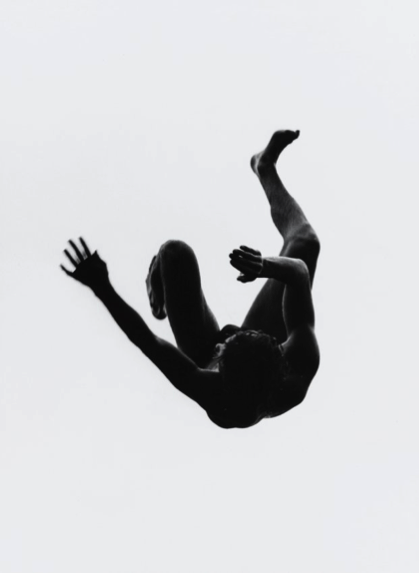Medical school is terrifying. This is not something I feel like I am supposed to admit — or let alone feel — because it conveys insecurity. For all the learning we compress into our days as students, we operate in a constant state of not knowing. Perhaps paradoxically so, uncertainty itself seems to be guiding us down the path laid before us. It is as if we are walking with our hands stretched out in front of us, groping in darkness. Every day, we face the unfamiliar, not just in terms of knowledge, but also the larger questions of whether we are turning down roads that feel true to us.
Finding the mental and emotional energy to contemplate such looming questions is difficult. Engaging with art, however, has become an important practice that has the ability to make me feel expansive, reflective and calm all at once. Earlier this summer, I visited the new San Francisco Museum of Modern Art (SFMOMA) with my family. At one point, I drifted away from them, lost in the museum’s 11,000 square foot space dedicated to photography alone. To my surprise, I came across an image from one of my favorite works by Aaron Siskind nestled in an unassuming corner.
Siskind created a series titled “Pleasures and Terrors of Levitation” which depicts a number of divers in mid-air somewhere along the Chicago lakefront. As the viewer, we lose all sense of orientation; we don’t know which direction they are jumping from or falling toward, just that they are floating in space. Their bodies become forms subjected to gravity, a force that some of them seem to seek to control by striking athletic poses. Others let their bodies be, and evolve into soft contortions of abstraction. Siskind transforms the divers into amorphous beings of emotion given to us as qualities of light and darkness. Standing in front of his work, I began to imagine what shape my body would take.
This sensation of falling through space, of surrender to one’s surroundings, is something that I have struggled with as a student. The need to give in to the ebb and flow of the demands of medical school emerged as soon as I stepped foot on campus. Relinquishing control of things as simple as my schedule might seem trivial, but I’ve realized it stems from a fear of losing myself and what matters most to me. And yet, loosening the grip on my daily life has become a matter of self-preservation. As time continues to slip through my fingers like rainwater, I find myself continuing to wonder, am I doing the right thing? Much like Siskind’s divers, I am suspended in a moment that has the potential to be both pleasurable and terrifying all at once.
As I’ve progressed through my education, the experience of floating in uncertainty has become more and more familiar to me. There are always new challenges and unanswered questions, and my perception of my own agency fluctuates. I do my best to become accustomed to vulnerability and try to be kind to myself in the process. I see light when I can, and recognize darkness for what it is.
“Pleasures and Terrors” reminds us that it is difficult to fall with intention, whether it be in medical training or in matters of the heart, in love. Leaping off the figurative diving board for someone also involves tremendous vulnerability, faith, a little luck, and a lot of terror indeed. Like gravity, sometimes love is far too powerful a force to expect complete and utter control over it. The choice to dive is one thing; how we handle ourselves in mid-air is another. How do we handle the weight of the questions, the unknowns? We know there is a lake below somewhere, waiting for us, but what shade of blue is the water? How deep is it? Will it envelop me in warmth or make me shiver?
To take any great risk is to exist in that moment of floating in space. The philosopher Martha Nussbaum speaks about this as a state of “fragility,” and proposes that it contains much more beauty in it than we may acknowledge:
To be a good human being is to have a kind of openness to the world, an ability to trust uncertain things beyond your own control, that can lead you to be shattered in very extreme circumstances for which you were not to blame. That says something very important about the human condition of the ethical life: that it is based on a trust in the uncertain and on a willingness to be exposed; it’s based on being more like a plant than like a jewel, something rather fragile, but whose very particular beauty is inseparable from its fragility.
Sometimes, we must succumb to the forces — those that seem both external and yet deeply internal — to survive this kind of beauty. And that may be the most powerful act of all.
Image source: Pleasures and Terrors of Levitation by Aaron Siskind courtesy of Collection SFMOMA. Copyright: © Aaron Siskind Foundation.


